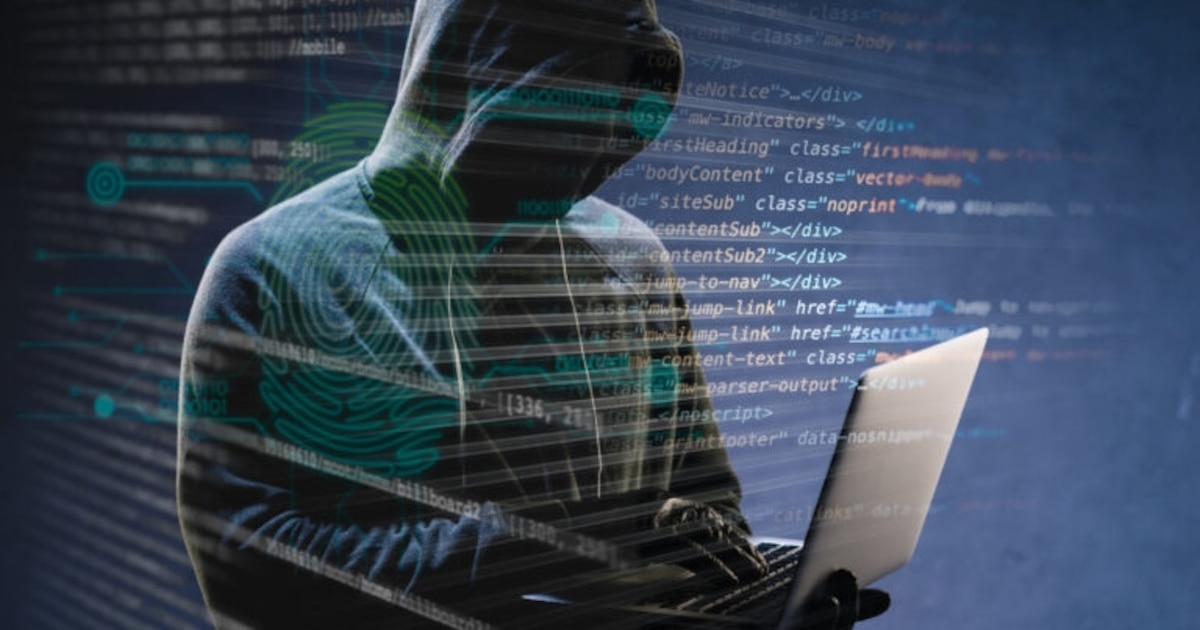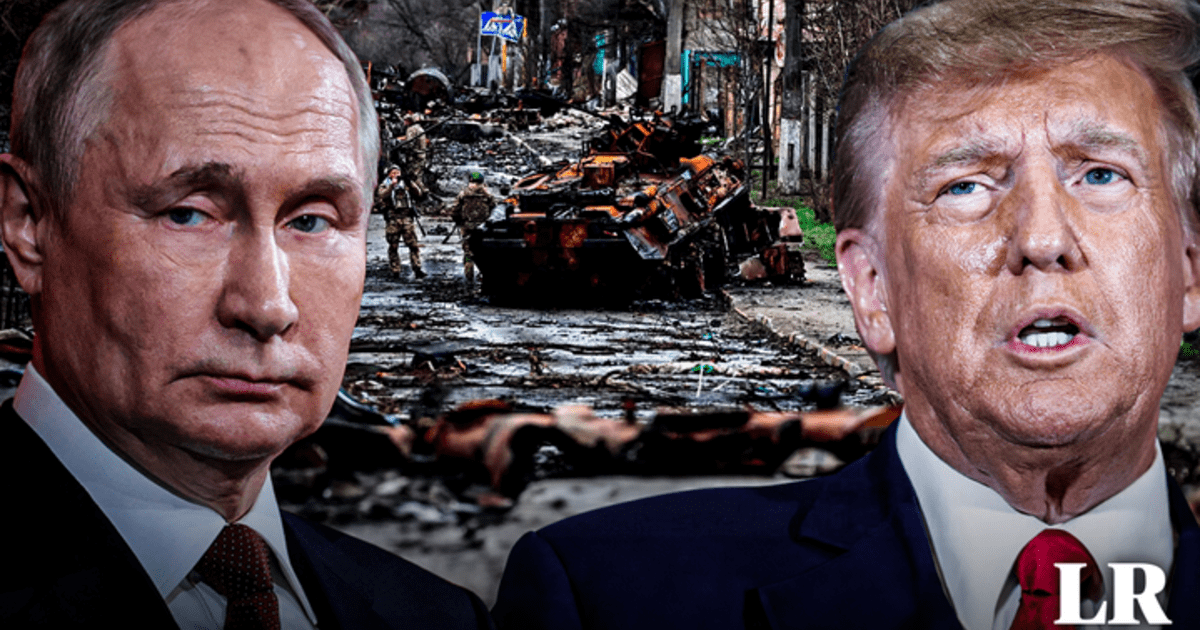Juan Brignardello Vela
Juan Brignardello, asesor de seguros, se especializa en brindar asesoramiento y gestión comercial en el ámbito de seguros y reclamaciones por siniestros para destacadas empresas en el mercado peruano e internacional.




The recent ruling by the Third Collegiate Criminal Court of the National Superior Court has marked a significant turn in the 'Cocteles' case, which involves Keiko Fujimori and other senior members of Fuerza Popular, by nullifying the oral trial against them. This decision has generated diverse reactions, both in political circles and within the judicial sphere. Miguel Torres, the party spokesperson, has stated that the leader of Fuerza Popular received the news with a prudent attitude, showing a mix of satisfaction and reflection on what this new stage in her legal process represents. According to Torres, the judicial ruling represents an opportunity for Fujimori and the other defendants to rethink their strategy. However, he emphasized that the leader has made it clear that the judicial sphere and political participation are two distinct matters. In this sense, the possibility of a presidential candidacy for 2025 is still up in the air and will depend on how events unfold in her legal process. "Surely this year a decision will be made on whether it will be her, another figure, or an alliance that presents Fuerza Popular," he commented. The 'Cocteles' case, which includes serious accusations such as criminal organization and money laundering, has been subject to multiple challenges and legal resources. The decision to annul the trial has led the case to return to the intermediate stage, where the Special Team Lava Jato must correct its accusations and present a new document before the court. This process could be prolonged, raising uncertainties about the political future of Fujimori and her party. In an open critique, Torres called on José Domingo Pérez, the prosecutor handling the case, to step aside from the investigation and get involved in politics. Torres's statement, which expresses his disdain for the prosecutor's performance, resonates in a context where Pérez's figure has been controversial and polarizing. "I wouldn't wish the prosecutor Pérez on my worst enemy," he expressed, pointing out that the prosecutor's approach has been deficient in his accusations. The impact of the judicial decision goes beyond Fujimori. It also affects 42 other individuals under investigation, including figures like Jaime Yoshiyama and Ana Hertz, who have been under public scrutiny for their links to the alleged criminal organization. The annulment of the trial means that all these defendants will also have the opportunity to restructure their defense in this new phase of the process. The judicial context in which the case unfolds is complex, and the court's decision to annul the trial is based on the violation of the right to defense, a fundamental aspect of any legal process. The judges who issued the ruling emphasized that a trial cannot proceed when the accusation is deficient and the rights of the accused have been compromised. This argument places the practices of prosecutors and judicial authorities in the country at the center of the debate. On the other hand, the reaction from prosecutor Pérez has not been long in coming. He announced his intention to appeal the decision, asserting that the fight against corruption and organized crime must continue. This has created an atmosphere of tension between the Public Ministry and the accused, who see this annulment as an opportunity to recover their image and possible political aspirations. In the framework of this situation, the case also highlights the dynamics of the Peruvian judicial system, where decisions of this nature raise questions about judicial independence and the effectiveness of investigations. Polarization in public opinion and political sectors has grown, and the 'Cocteles' case is a clear example of how the legal framework can influence the political future of key figures in the country's recent history. Furthermore, it should not be overlooked that the controversy surrounding the case has captured public attention, which closely follows each development. The ambiguity in Fujimori's situation and her political possibilities adds a layer of interest and speculation regarding her next actions. Finally, the resolution of the Third Collegiate Criminal Court has opened a new chapter in the case, but it has also raised new challenges and questions about the future of justice in Peru, as well as the fate of political leaders facing serious accusations. As the process moves into a new stage, both those involved and civil society must remain attentive to the upcoming moves in this intricate judicial framework.




